
A top conservative media executive says that the proposed mega-merger of a broadcaster that has tried to curry favor with President Trump via his son-in-law Jared Kushner is in trouble, having failed to adequately address concerns raised by FCC Chairman and conservative favorite Ajit Pai.
The media executive, one of a raft of right-wing media moguls who opposes the merger, says Sinclair Broadcasting has irked Pai and the FCC by treating it as a done deal, and displaying a “cocky” attitude.
The executive noted that if the merger proceeds without notable divestments being made, media ownership caps and local ownership rules currently in place would be breached, and conservative anti-trust law concerns might emerge.
In 2016, Sinclair made news when Politico reported that Kushner claimed to have cut a deal with the broadcaster during the 2016 election to secure coverage favorable to Trump.
Earlier this year, following his much-gossiped-about exit from the White House, Sinclair hired former short-term Trump advisor Boris Epshteyn to record generally pro-Trump segments that Sinclair stations are required to air. Epshteyn, who was born and partially raised in Russia, recently made news when he testified in the House’s probe of Russian interference in the 2016 election.
On September 14, Sinclair President Chris Ripley indicated that he did not believe divestments should need to be made by the company to ensure FCC and anti-trust approval.
That same day, the FCC requested further information from Sinclair, writing that “The applicants do not indicate what steps, if any, they have already taken or plan to take post-transaction to comply with the national ownership limit” and “the applicants do not indicate what steps, if any, that they have taken so far to comply with the local television ownership rules.”
Sinclair last week replied to that request, but avoided specifics as to divestitures it might make stating only that it had hired a consulting firm to “assist and provide advice on potential station sales.”
That, says the top conservative media executive, is being interpreted as a snub to Pai and a failure to treat his concerns as real and legitimate—and as Sinclair banking on its supposed goodwill with the Trump family to guarantee the merger proceeds with no major changes.
Critics of the merger, which include nearly every major right-of-center media company, have long complained of the anti-competitive effects it could have on the media sector, and in particular for conservative media. There is a belief in some quarters that the merger, if allowed, could set a precedent for liberal media mega-corporations to crush ideologically dissenting competitors.
For his part, Pai seems increasingly reluctant to be seen to be doing anything that might be characterized as overly beneficial to Sinclair, given the company’s overall public attitude to the merger and Pai’s eagerness to defend his reputation as a principled and procedure-attentive regulator.
Skepticism of the merger is also running higher than normal among GOP senators, said the executive, thanks in part to concerns about Acela corridor-produced content displacing local coverage in red, rural states.



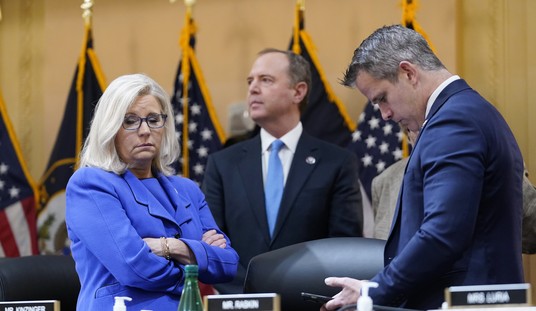

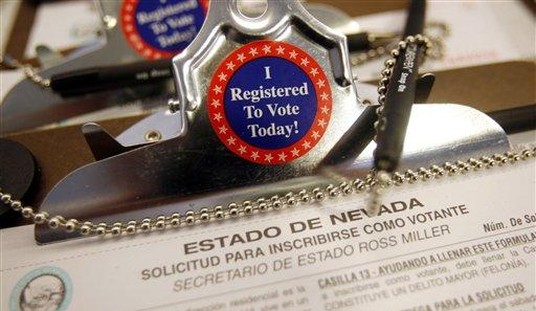
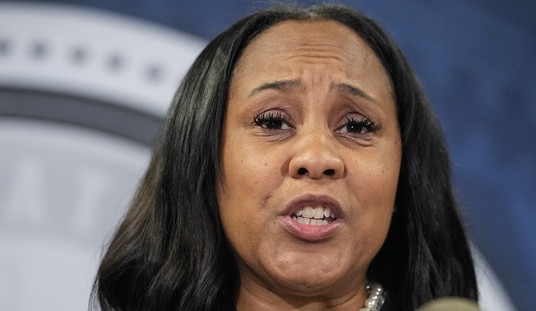



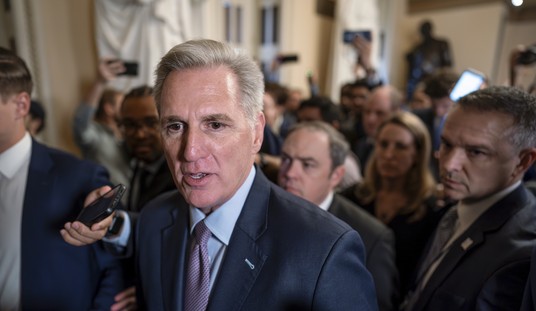
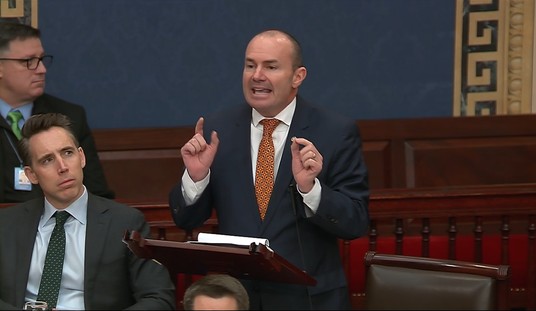

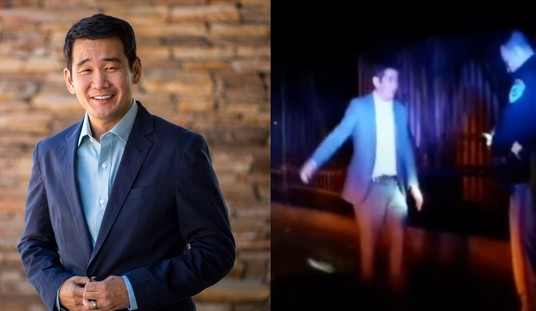
Join the conversation as a VIP Member